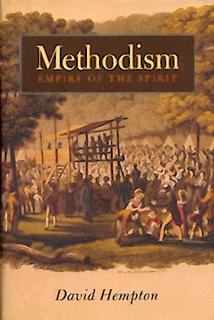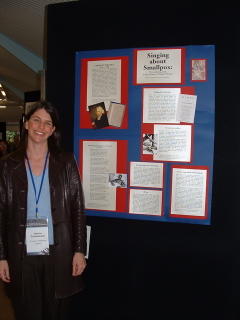This Christmas does not feel particularly merry. While there is so much to be grateful for - friends, family, abundant provisions - there is also much to grieve over. We are grieving for our first Christmas without my grandmother, who brought so much joy to every family occasion. We are grieving for the tensions and discord in our nation, which have exploded into such ugly violence in the last few weeks. We are grieving with friends for whom Christmas is always a dark and difficult time. We are grieving for family members who are feeling the force of fallenness in their lives in one way or another. And so I am deeply grateful for reminders of true comfort and joy.
For this thoughtful reflection, which reminded me that the gospels tell a Christmas story that is all about suffering. The hardship of Mary and Joseph, who found no place to stay; the massacre of every baby in Bethlehem; the terror-stricken flight to Egypt; the warning to Mary that a sword of sorrow would break her heart. This is the story of an unlikely hope, appearing in the midst of great suffering.
For our visit to a small and struggling congregation yesterday, where the prayers included heartfelt prayer for those for whom Christmas is a distressing time.
For a beautiful performance of The Messiah by the Melbourne Philarmonic last night. Handel starts his oratorio in the right place: 'Comfort ye my people', says your God 'and cry unto her that her warfare is ended and her iniquity is pardoned'.
Have a comforting Christmas.
For this thoughtful reflection, which reminded me that the gospels tell a Christmas story that is all about suffering. The hardship of Mary and Joseph, who found no place to stay; the massacre of every baby in Bethlehem; the terror-stricken flight to Egypt; the warning to Mary that a sword of sorrow would break her heart. This is the story of an unlikely hope, appearing in the midst of great suffering.
For our visit to a small and struggling congregation yesterday, where the prayers included heartfelt prayer for those for whom Christmas is a distressing time.
For a beautiful performance of The Messiah by the Melbourne Philarmonic last night. Handel starts his oratorio in the right place: 'Comfort ye my people', says your God 'and cry unto her that her warfare is ended and her iniquity is pardoned'.
Have a comforting Christmas.

